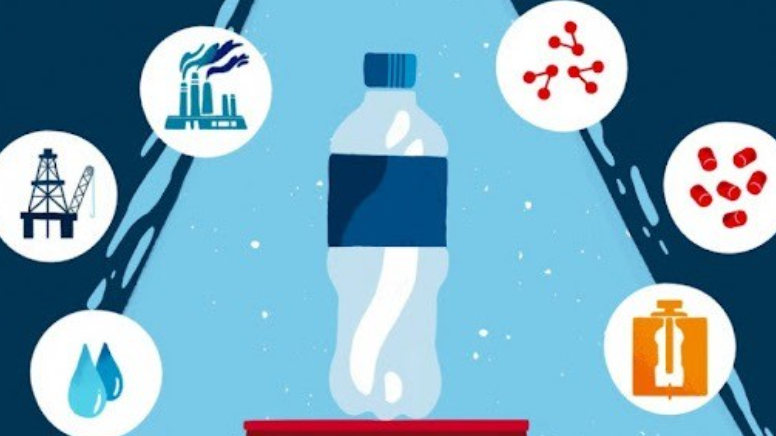Over the last decade, we’ve worked to connect those waste collectors who are often unrecognized, underpaid, and excluded from the formal economy to some of the biggest brands in the world. We built this through a fully traceable, Fair Trade-verified supply chain that offers dignity, income stability, and transparency.
Read MorePlastic is one of the most versatile and cost-effective packaging materials ever developed. It’s lightweight, durable, and scalable. But we’re managing it like a single-use liability rather than a long-term asset.
Currently, less than 20% of global plastic waste is recycled. The rest ends up in landfills, incinerators, or worse leaking into the environment. That’s more than a sustainability issue; it’s a glaring failure in resource utilization and material recovery.
Read MoreIndia’s scrap shops are vital to the country’s informal recycling sector, yet many face challenges such as unstable income, unsafe working conditions, and limited market access. Plastics for Change bridges this gap by offering scrap shop owners and entrepreneurs a scalable, ethical business model that integrates fair-trade practices with advanced recycling processes. Our franchise model empowers you to transform your scrap shop into a certified aggregation centre, increasing profitability while driving social and environmental impact.
Read MoreEPR is a policy approach that makes producers responsible for the environmental footprint of their products from creation to disposal. It compels companies to actively manage, collect, and recycle waste from their products, fostering sustainable production and consumption patterns. Key components of EPR include lifecycle accountability, encouraging sustainable product design, and reducing environmental impact through a circular economy approach.
Read MoreThe fifth session of the Intergovernmental Negotiating Committee (INC-5) took place in Busan, South Korea, from November 25 to December 1, 2024. It brought together representatives from over 170 countries to work on a global treaty to tackle plastic pollution. While there was progress, many challenges still need to be addressed. Here’s a simple breakdown of what happened.
Read MoreA recent report, “Plastic Money: Turning Off the Subsidies Tap,” lays it all out: governments in the top 15 polymer-producing countries are spending over USD 30 billion each year to subsidise plastic production. That’s right—while we’re scrambling to fix the mess plastic is causing, some of the world’s biggest economies are still propping up its production.
Read More





